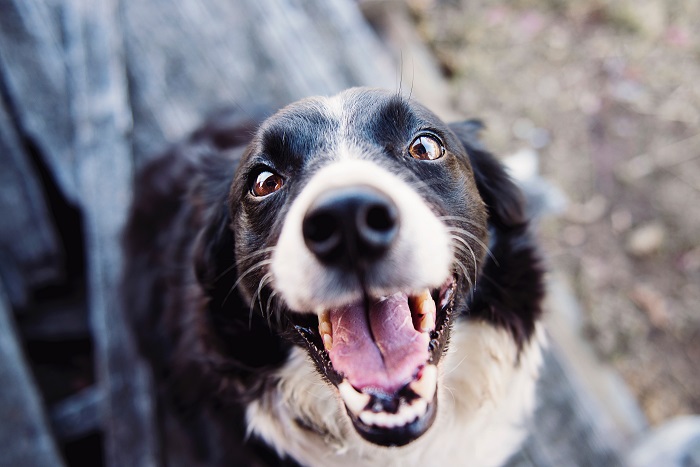Animal Behaviour
Dogs can suffer from anxiety too!
Dogs can suffer from fear and anxiety, just like people. Anxiety is a normal emotion that helps us react quickly to a potential threat or danger. However, excessive or inappropriate anxiety in a dog can lead to behavioural and stress-related problems. An anxious or fearful dog is more likely to bite. The signs of anxiety or fear displayed by a dog may be subtle and easily missed, especially if a person isn’t familiar with how dogs behave. Unfortunately, we sometimes hear a person say, “He didn’t give me a warning before he bit me”.
Signs a dog may be feeling anxious include:
• licking lips
• looking away
• panting
• moving slowly or away from you
• ears to the side
• refusing to eat
• moving around continuously
• being ‘on guard’
• barking continuously
• aggression or biting
• destroying furniture
• urinating in the wrong place
Dr Sophia Yin has a great poster of the body language of fear in dogs here https://drsophiayin.com/wp-content/uploads/2011/05/Body-Language-of-Fear-in-Dogs-Poster.png
Separation anxiety is a common problem for dogs and their people. Dogs, like humans, are highly social animals. Being on their own can be highly stressful and in the wild, would have put them at greater risk from danger. Dogs have co-evolved with humans and have an uncanny ability to read the faces and emotions of people. Many of us live hectic lives and this has an impact on our pets. It is asking a lot for our canine companions to be left alone for long periods of time. Part of the strategy of managing a dog with separation anxiety is to teach them to be more independent and to arrange that your canine companion isn’t left alone for excessively long periods. This may require a dog walker or someone to visit your dog after 3-4 hours alone or doggy daycare.
If this sounds like your dog, he or she could benefit greatly from being assessed and helped individually by a vet with an interest in behavioural medicine. Dr Megan has first-hand experience with her own anxious dog, the late Bella, the dobermann. You could talk with Dr Megan about what you can do to help your dog. Options include behavioural modification, pheromone products, herbal medicine, homeopathy, drugs or referral to a veterinary behaviour specialist. The earlier you get help, the better for your pet.

